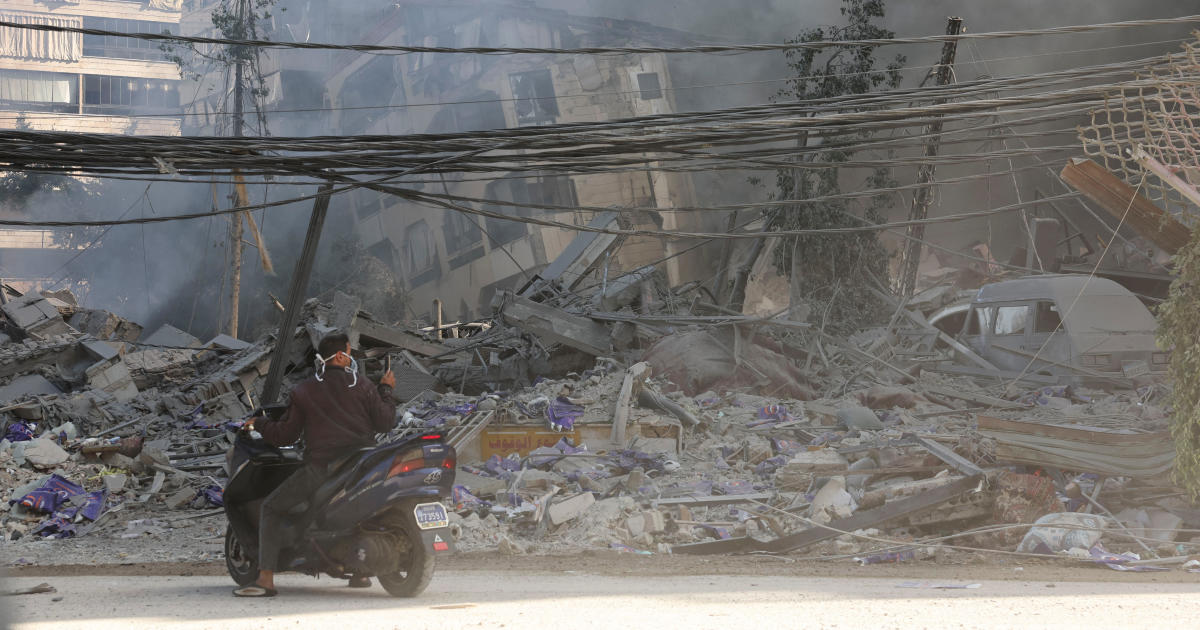The escalating conflict between Israel and various groups in Lebanon and Gaza has led to a humanitarian crisis, with widespread death and displacement. The situation is marked by intense airstrikes, ground incursions, and cross-border shelling, raising serious concerns about the potential for a broader regional conflict. The impact extends beyond the immediate battlegrounds, causing international concern and prompting several nations to implement evacuation plans for their citizens from Lebanon. This complex situation demands a detailed examination of the key actors, the unfolding events, and the urgent humanitarian implications.
The Escalation of Violence in Lebanon
Israeli Airstrikes and Civilian Casualties
Israel’s military operations in Lebanon have resulted in a significant number of civilian casualties. Airstrikes have targeted residential areas, including a Health Society office in Beirut, resulting in the deaths of healthcare workers and causing widespread damage. Reports indicate the use of controversial weapons, such as white phosphorus, near civilian populations. These actions have drawn condemnation from international human rights organizations and fuelled concerns about potential war crimes. The lack of prior warnings before many of the attacks further exacerbates the humanitarian situation, leading to increased casualties amongst non-combatants. The Israeli Defense Forces have issued statements justifying their actions as precise strikes targeting militant groups, but the reported civilian toll significantly overshadows these claims of precision.
Hezbollah’s Role and the Intensity of Conflict
Hezbollah, a powerful Iran-backed militia, is a key player in the conflict. Their presence in southern Lebanon and their involvement in fighting has directly contributed to the escalating intensity of the Israeli operations. While Israel portrays its actions as a response to Hezbollah’s attacks and presence, the scale and scope of the Israeli response has raised concern that the conflict may not remain limited in scale. The intense bombardment across southern Lebanon, along with the reported targeting of Hezbollah infrastructure and operatives, point to a full-scale military response that impacts civilian life and safety. The fighting demonstrates a clear power imbalance in this region, making international involvement necessary for a peaceful resolution.
International Response and Evacuation Efforts
Emergency Meetings and International Condemnation
The ongoing conflict has prompted emergency meetings at the United Nations Security Council. Several countries, including the U.S., have condemned the violence and called for de-escalation. The international community’s concern reflects the destabilizing effect of the conflict, not only in the region but also on global security. International pressure is needed to end the ongoing violence before the conflict spirals further out of control. There is also discussion in some forums that lack of intervention will make similar future conflicts more likely.
Evacuation Efforts by Several Nations
Multiple countries are organizing evacuation efforts for their citizens in Lebanon. Governments like the UK, Japan, and Australia have chartered flights and offered other logistical support to aid their citizens in leaving Lebanon. The U.S. has issued travel warnings and provided resources, while also closely working with the Israeli government. These efforts highlight the escalating dangers in Lebanon and underscore the international community’s recognition of the urgency of the situation. This increased participation in the evacuation efforts reflects the international concern and possible foreshadowing of more intensive involvement in efforts for the ending of violence in the near future.
The Humanitarian Crisis and its Implications
Civilian Casualties and Displacement
The conflict has caused immense suffering. Thousands of Lebanese citizens have been killed or wounded, and hundreds of thousands more displaced. Healthcare facilities are damaged or overwhelmed. This crisis also threatens to create a massive displacement crisis and additional food insecurity in already unstable regions, which could escalate violence on multiple levels. The long-term effect will likely involve long-term humanitarian assistance and financial aid from various international bodies for several years following.
Regional Instability and Wider Conflict Concerns
The current escalation of hostilities raises grave concerns about the potential for a wider regional conflict. The involvement of multiple actors, including Iran and Hezbollah, increases the risk of the violence expanding beyond Lebanon and Gaza. This could involve several new actors from different world regions, exacerbating existing regional issues, and causing economic impact around the globe. A failure to quickly end the conflict or establish a proper framework to prevent additional escalation may ultimately involve major global powers.
Take Away Points:
- The Israeli-Hezbollah conflict in Lebanon has caused immense suffering, with numerous civilian casualties and widespread displacement.
- Israel’s airstrikes have been criticized for lack of warnings and potential use of banned weapons.
- Several nations have initiated evacuation plans for their citizens from Lebanon, indicating the severity of the situation.
- The conflict has increased regional instability and raises concerns about broader conflict.
- International action is crucial to de-escalate the violence and address the urgent humanitarian crisis.




